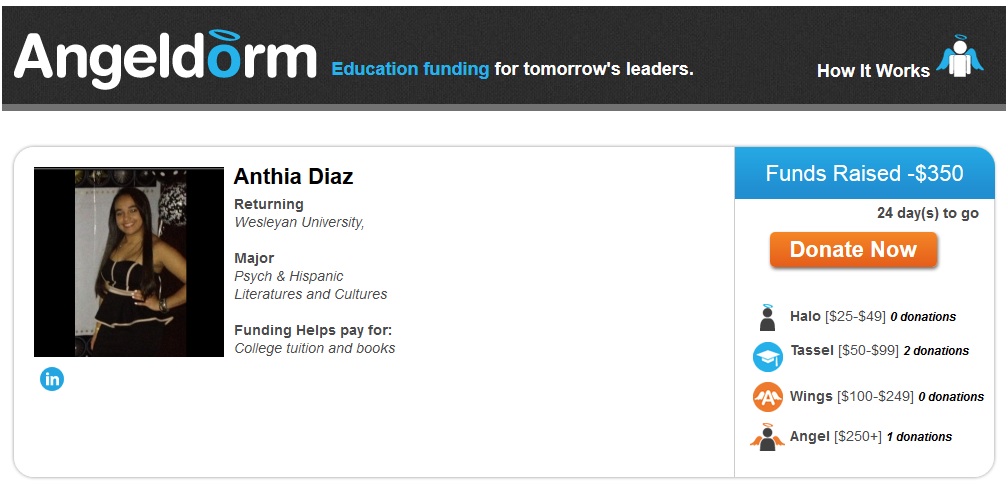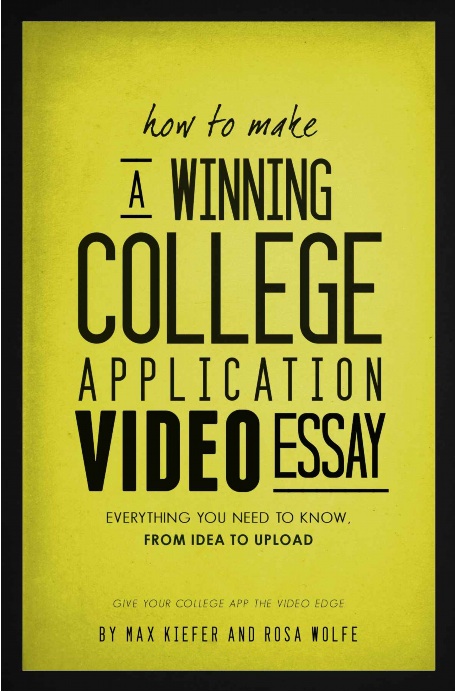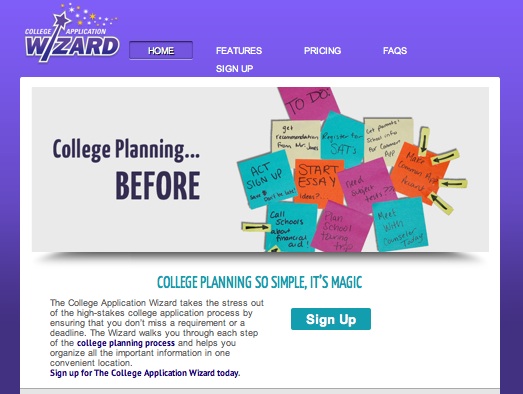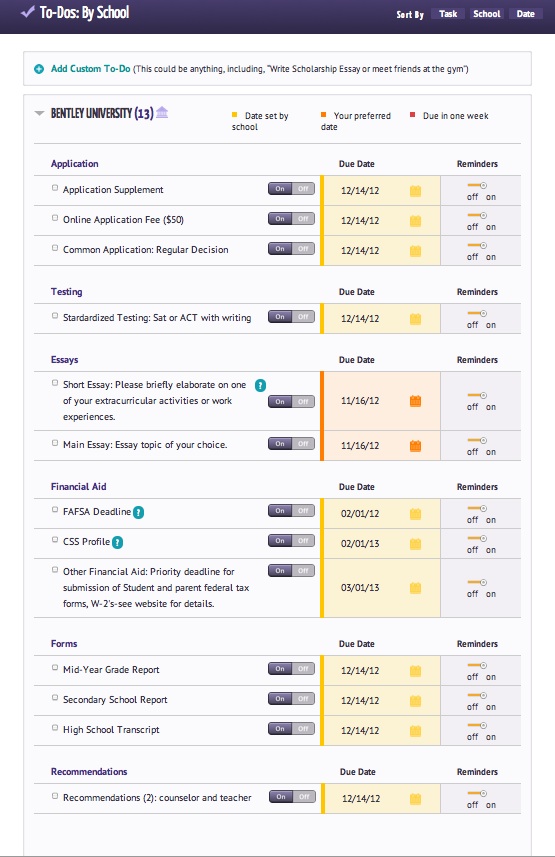With the cost of college rising, parents and students are looking for creative ways to fund their education. Angeldorm, an education funding website, has addressed that issue. A few days ago, I asked its creator, Scott Baxter, some questions about the service and what led him to create it. If you’re looking for another way to fund college, you should definitely check them out. Every little bit helps!

Following are the questions and answers:
Q: What lead you to create AngelDorm?
A: I was inspired by my growing concern that the kind of education that paved my way to success is now out of reach for many. I paid for my own education, but I was lucky enough to have parents who risked well over their net worth when they co-signed my loans. I created Angeldorm to capitalize on the marriage of crowd funding with social media to make it easier than ever before to raise money for college, while doing so in an environment that is safe, secure and connected directly to the student’s university of choice.
Q. How can parents and students benefit from your service?
A. Student loans are the fastest growing form of consumer debt and represent a serious economic threat. The fact is that each student leaves college with $25,000 in debt on average. Angeldorm’s strategy is to help tackle this global problem by providing a safe, secure environment in which students can raise money for college by tapping into their social networks. By telling the human stories of real students, Angeldorm is recasting the national policy crisis into a problem shared by neighbors, friends and relatives in thousands of communities.
The Angeldorm system follows the crowdfunding model that has made meaningful changes in political campaign funding by turning small donations from the American middle class into political heavyweights. That same concept, focused on the problem of college funding, can help democratize college funding to include greater opportunity for participation. Angeldorm’s goal is to shrink that yawning ’education gap’ that has become one of the biggest worries of our era.

Q. What is a fundraising dorm?
A. A “dorm” houses a student’s fundraising efforts and results. A “dorm” includes a custom profile with a photo or video, a brief questionnaire identifying the school, major/minor focus, and any other information a student wants to share. Every student controls the information within their own “dorm”. When they’re ready, a student can launch their “dorm”, and share it with their community through posting the link to Facebook, Twitter, Google+, Instagram, Pinterest, Linkedin or their own personal blog. They can talk about the university they have targeted, their intended major and the career path they hope to begin after they complete their degree. The site also has the students give donors academic progress reports, as well as an important space on the site for students to share details of the volunteer work they are doing now and planning for the future.

Q. Is it easy for people to donate?
A. Yes! Angels can contribute from anywhere across the globe with a valid credit card, they don’t even need to register, it’s fast and easy.(Standard currency conversion rates apply).
Q. Does your fundraising service easily connect to social media?
A. Yes! Angeldorm provides tools for students to easily place their funding dorms on Facebook, LinkedIn, Twitter, Google and other significant social media networks. The site makes it easy for the students to tell their stories to everyone in this network. Students can upload videos and narratives that explain why they are going to college and how it fits into their long-term plans. The profile tool on the site lets them create their personal histories in the online ‘virtual dorm’ so donors understand what they will do when they get to their real college dorm.
The broader the reach, the greater the support. The ideal “angel” support network includes friends, family, employers, coaches, teachers, religious colleagues, community members, club members, etc.
Angeldorm also acts as an aggregator and link to other online college funding sites and scholarships, including other crowdfunding services, so that students can take advantage of every possible source as they become independent advocates for their own future.
Q. Are students responding to this service and if so, how successful are they in raising funds?
A. Yes! We have more and more students every day and they are raising hundreds, even thousands of dollars, every bit of which helps fund their dreams and goals without that much debt. It all adds up and helps.
Q. If you could describe your service in just a few words, what would they be?
A. Angeldorm is the first major one-stop shop for helping students fund their college education by tapping their social network.
Q. Tell us about your scholarships and why you created them.
A. We created our own scholarships because some donors would like a tax deduction which if they donate to Angeldorm and we allocate the monies to students they may receive. We also created our own scholarships to help students who meet certain criteria. Every student is automatically eligible for an Angeldorm scholarship when they launch their ‘dorms.’













